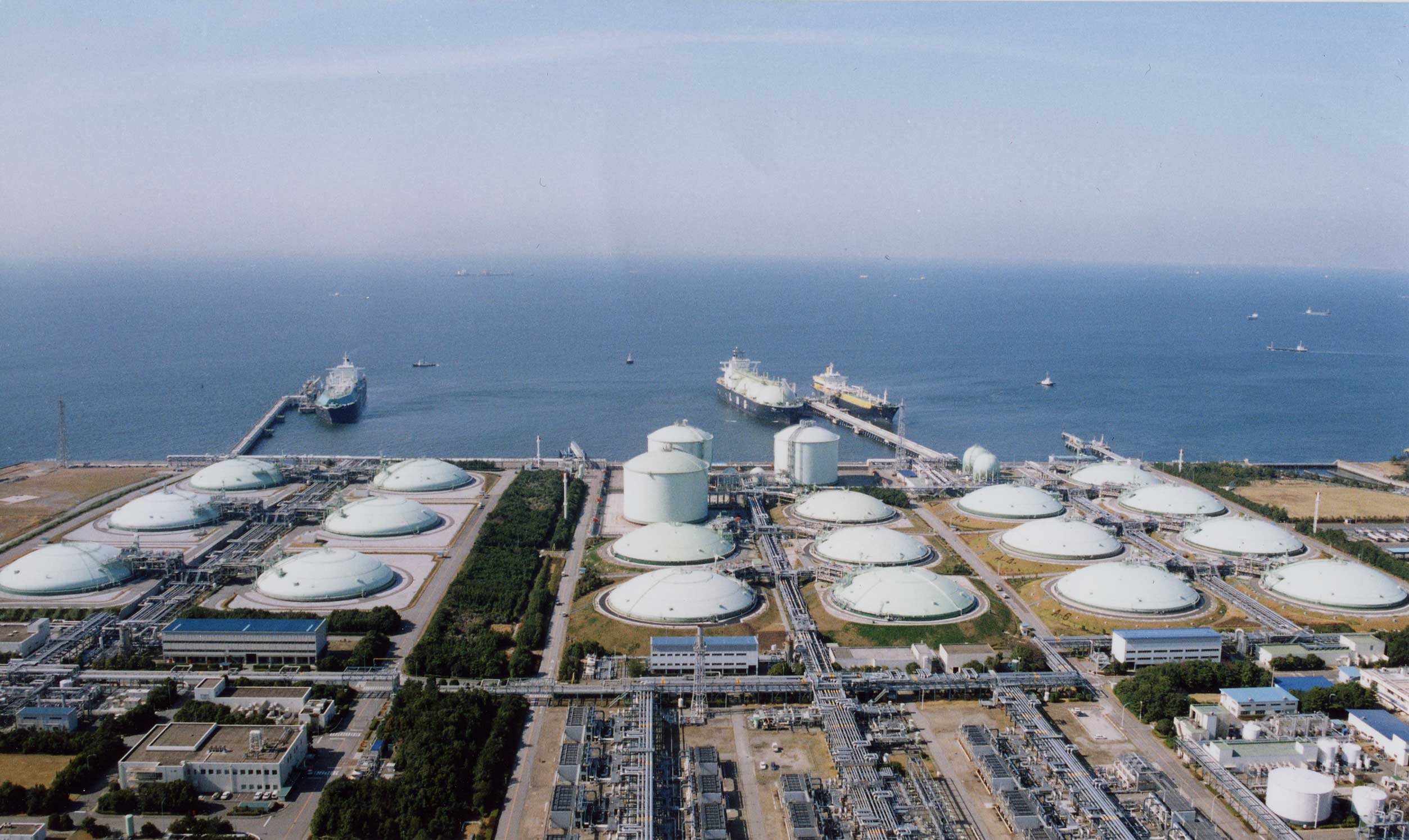- QatarEnergy selects Nakilat to own and operate 25 conventional LNG vessels
- The joint development of the Dorra field between Saudi Arabia and Kuwait is pending the demarcation of the border with Iran
- Minister of Energy reaffirms the UAE’s commitment to adopting clean energy and supporting the Paris Agreement
- The new Hassi Messaoud refinery enjoys the support of the government and President Tebboune
- Increasing electrical interconnection capacities to export electricity beyond borders
- Qatar Energy stops sending liquefied gas tankers through the Red Sea for security reasons
- The inauguration of the Duqm Refinery, the largest joint Gulf project in the refinery sector
- Saudi oil exports are faltering due to Houthi attacks on ships in the Red Sea and Gulf of Aden
- Algeria to host and chair the Gas Exporting Countries Forum summit (February 29 to March 2, 2024)
- Egypt Energy Conference and Exhibition 2024 gives a strong impetus to the global energy dialogue

Natural Gas in Libya .. Serious steps towards a better future

Ali al-Farsi Wrote:
“The company is committed to ensuring the continuity of gas production to supply Libyan power plants with all its requirements,” said Mustafa Sennallah, president of the Libyan National Oil Corporation”. This will have a major role in developing the local market and reducing imports of liquid fuel, which costs the state a lot of money. The efforts made by the Libyan oil and gas sector with the support of their administrations are a historic achievement in this vital sector, especially in this difficult era of conflict.
Within the interest of the National Oil Corporation and its companies to raise rates of natural gas production, it contributed for the first time in this area and it is expected to show positive results in 2020, becoming Libya a key player in the gas market in terms of production and trading. Al-Waha Petroleum Company has completed a production of 124 million cubic meters of gas and 1,500 barrels of condensate per day.
In October 2018, the National Petroleum Corporation (NOC) and Millita Corporation completed the operation of the solar TC5 turbines, part of the low pressure incinerator project, which increases the production of low-pressure gas wells before moving to NGL uyilities. The project succeeded in increasing the quantities of condensates by about 2000 barrels per day, bringing the total production to 9500 barrels per day and reducing the percentage of gas emissions to zero. The finishing of well 59 has contributed to boosting natural gas production to 9 million cubic feet of gas per day.
In the same context, as part of the ongoing efforts of the National Oil Corporation to secure the target quantities of natural gas and the optimum utilization of the reserves available in Alwafaa Field in block 69. Mellitah Oil & Gas is close to completion of a project to install four new gas compressors. This strategic project aims to use these compressors to compensate for low reservoir pressures and the stimulation of wells to produce additional quantities of gas.
In addition to the draft operating tests for compressor D and First Fire Turbine, where in an unprecedented achievement of national oil Libya witnessed the flow of gas for the first time in last November (First Gas), and with arms of Libyan engineers, technicians and administrators achieved high records in operating all compressors. The amount of additional gas expected to be produced according to our technical sources as a result of the operation of the four compressors planned until the end of March 2019 is about 100 million cubic feet of gas per day.
The announcement of July 2018 between the National Oil Corporation and Eni, and participation in the first well in the project of the Alsalam Sea and the start of production though political problems and their negative impact on oil and gas sector and in no more than three years after the signing of the project agreement.
In October 2018, natural gas flowed from nine new wells and the beginning of Libya’s largest offshore oilfield with a production capacity of 400 million cubic feet per day was a great addition to the victory of technocrats that resisted tribal winds and political upheavals to preserve Libyans.
Libya’s total gas production is currently estimated at 900 million cubic feet per day and production is expected to reach 1.1 billion cubic feet per day by mid-2019. According to gas experts, the reserves are estimated at 260 billion cubic meters and are mostly concentrated between Sirte and Mellitah companiis, which opens the door to the national Corporation to pump more investments to develop the Libyan gas sector.
In an encouraging step to produce gas, the National Corporation signed research, exploration and production agreements with Eni and Gazprom companies to raise production and develop the performance of enterprises and individuals. The National Corporation affirms the need for prudent governance and transparency. It is considered the first Libyan institution to disclose its true revenues despite the failure of governments to provide them with financial resources that help developing the first and only sector of the public budget.
Ali al-Farsi
Oil and Gas writer – And a member in Alwaha oil company









